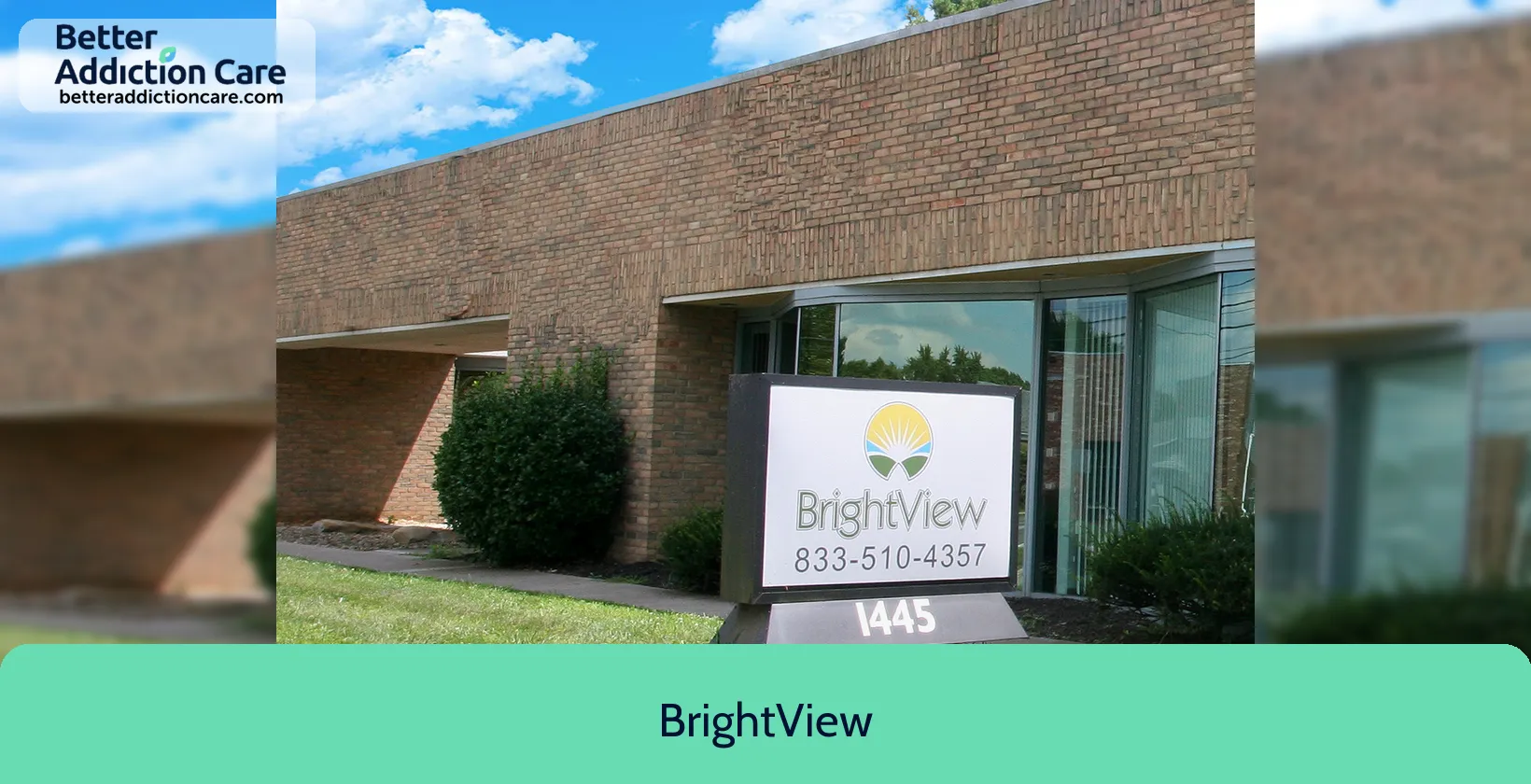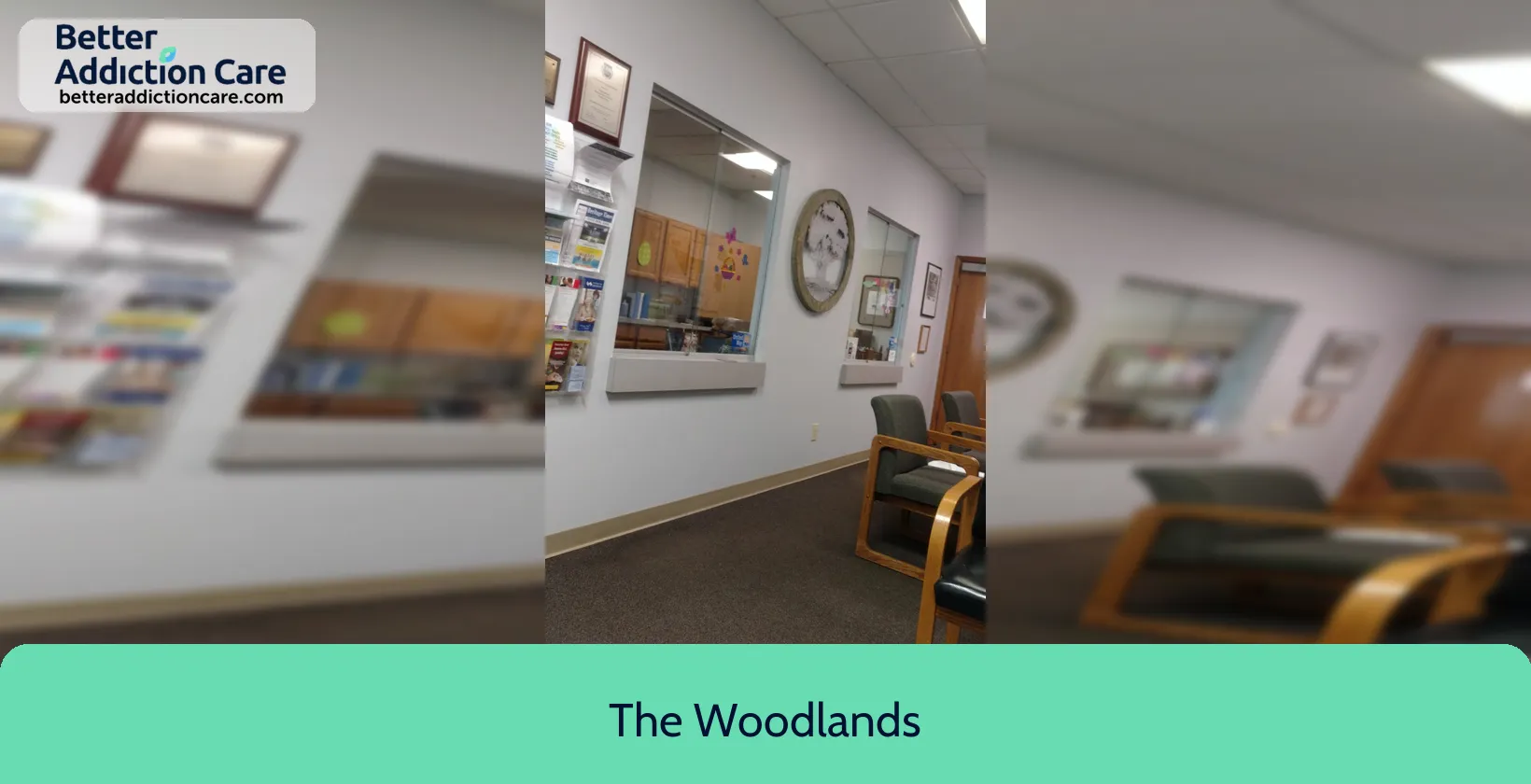National Youth Advocate Program 2112 Cherry Valley Drive

Overview
National Youth Advocate Program 2112 Cherry Valley Drive is a mental health treatment center for people seeking treatment near Licking County. As part of their treatment modalities for recovery, National Youth Advocate Program 2112 Cherry Valley Drive provides couples/family therapy, group counseling, and cognitive behavioral therapy during treatment. National Youth Advocate Program 2112 Cherry Valley Drive is located in Newark, Ohio, accepting medicaid for treatment.
National Youth Advocate Program 2112 Cherry Valley Drive at a Glance
Payment Options
- Medicaid
- Medicare
- State-financed health insurance plan other than Medicaid
- Private health insurance
- State mental health agency (or equivalent) funds
Assessments
- Screening for tobacco use
- Comprehensive mental health assessment
- Comprehensive substance use assessment
Age Groups
- Children/adolescents
- Young adults
- Adults
- Seniors
Ancillary Services
- Case management service
- Family psychoeducation
- Psychosocial rehabilitation services
Highlights About National Youth Advocate Program 2112 Cherry Valley Drive
6.62/10
With an overall rating of 6.62/10, this facility has following balanced range of services. Alcohol Rehabilitation: 8.00/10, Drug Rehab and Detox: 6.00/10, Insurance and Payments: 6.00/10, Treatment Options: 6.49/10.-
Alcohol Rehabilitation 8.00
-
Treatment Options 6.49
-
Drug Rehab and Detox 6.00
-
Insurance and Payments 6.00
Treatment At National Youth Advocate Program 2112 Cherry Valley Drive
Treatment Conditions
- Alcoholism
- Mental health treatment
- Substance use treatment
- Co-occurring Disorders
Care Levels
- Outpatient
Treatment Modalities
- Couples/family therapy
- Group counseling
- Cognitive behavioral therapy
- Integrated Mental and Substance Use Disorder treatment
- Telemedicine/telehealth therapy
Get Help Now
Common Questions About National Youth Advocate Program 2112 Cherry Valley Drive
Contact Information
Other Facilities in Newark

6.68

7.51

6.92

6.74

6.85

6.85

7.45

6.62
DISCLAIMER: The facility name, logo and brand are the property and registered trademarks of The Woodlands, and are being used for identification and informational purposes only. Use of these names, logos and brands shall not imply endorsement. BetterAddictionCare.com is not affiliated with or sponsored by The Woodlands.
